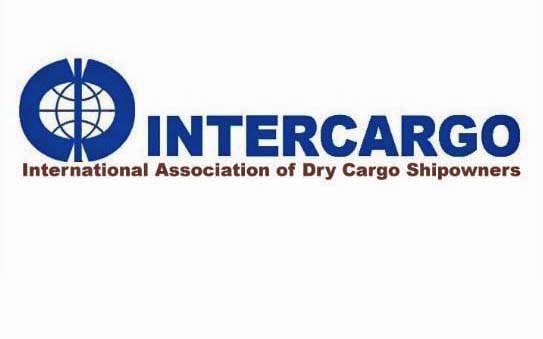With discussions regarding the IMO’s Carbon Intensity Index (CII) due to recommence at the upcoming Marine Environment Protection Committee (MEPC) 82 meeting, dry bulk shipping association Intercargo, together with the other global shipping associations, has issued a joint policy statement calling for changes to the flaws in the CII.
Along with CLIA (Cruise Lines International Association), BIMCO, InterManager, ICS, and Intertanko, Intercargo has indicated that the CII in its current format is inadequate and its one-size-fits approach, has inherent flaws that unfairly punish the shipping industry, particularly the dry bulk sector.
In line with the IMO’s strategy to reduce emissions from shipping, the sector is actively striving to do all it can to achieve the goal of being carbon free by 2050. However, due to serious shortcomings with the CII metric the shipping industry is requesting IMO to amend the current way the CII is applied, in order to avoid unintentional outcomes that conflict with the IMO Strategy to reduce overall greenhouse gas emissions.
In addition, Intercargo is calling on the regulatory authorities to work in closer cooperation with the shipping industry and flag states, to ensure that the true environmental performance of vessels is reflected in the CII.
Kostas Gkonis, Intercargo Secretary General, said: “In March the IMO recognised the concerns raised by the shipping industry relating to the shortcomings and unintended consequences of the CII, resulting in agreement that it should be reviewed. The IMO has, so far, received 78 submissions calling for amendments and/or highlighting the concerns of the CII. Intercargo and the rest of the shipping industry will be part of the solution to these issues, and we look forward to the commencement of the CII review at the IMO’s Marine Environment Protection Committee in the autumn.”
Intercargo and its members remain fully committed to safe, sustainable shipping in clean oceans and in line with IMO targets, will continue to strive to be carbon free by 2050.
The full joint policy statement can be viewed here.



